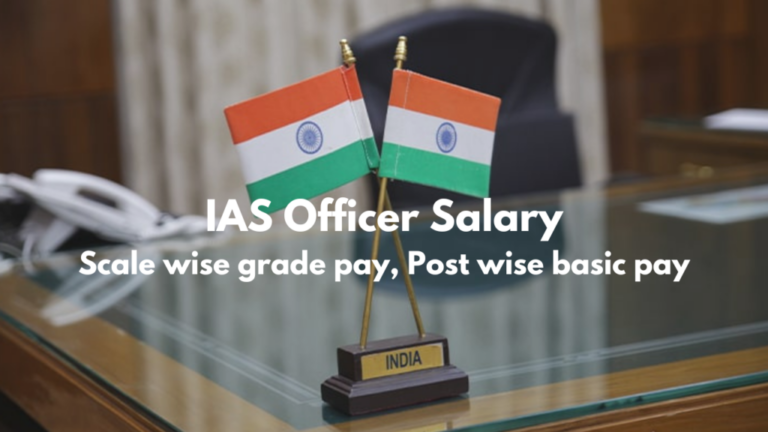Supreme Court questions logic behind exception to marital rape in penal law
(Source – The Hindu, International Edition – Page No. – 6)
| Topic: GS2 – Indian Polity – Judiciary |
| Context |
| ● The Supreme Court is hearing petitions seeking the criminalization of non-consensual sex in marriage as rape.
● Petitioners argue it violates women’s autonomy and dignity, while the government opposes it, fearing harm to marital relationships. ● The Court is deliberating whether this case requires referral to a Constitution Bench. |
Analysis of News:
Concerning Statistics
- Data on marital rape remains limited due to stigma and legal barriers, but available statistics are alarming.
- The National Family Health Survey-5 (conducted between 2019 and 2021) indicates that nearly one-third of married women aged 18-49 in India have experienced physical or sexual violence from their husbands.
- Global statistics show that approximately three-quarters of all sexual assaults occur within intimate settings, often perpetrated by someone familiar to the survivor.
Historical Background of the Exception
- The marital rape exemption is a colonial relic rooted in the “doctrine of coverture” from English common law, which severely restricted a married woman’s legal autonomy.
- The Supreme Court highlighted this in the 2018 case of Joseph Shine versus Union of India, where it was noted that the doctrine treated the husband and wife as a single entity, thus suspending the woman’s legal existence.
- British jurist Matthew Hale codified this exception in the 18th century, claiming that a husband could not rape his wife due to their mutual consent.
- England abolished the marital rape exemption in 1991 with the landmark case of R versus R, recognizing that the common law doctrine no longer reflected the reality of a wife’s position in society.
Legal Framework and Challenges
- Section 375 of the IPC outlines conditions for sexual intercourse to be deemed rape, including instances of lack of consent or coercion.
- The law includes two exceptions: one related to medical procedures and the other regarding sexual acts with a wife over 18.
- The Supreme Court raised the minimum age from 15 to 18 years in Independent Thought versus Union of India (2017).
- The exception creates a legal fiction, preventing prosecution even when all elements of rape are present if the parties are married.
Petitioners’ Arguments
- Petitioners argue that the exception is unconstitutional, violating fundamental rights, particularly Article 14, which guarantees equal protection under the law.
- The exemption creates two classes of victims, denying married women the same protections as unmarried women and thus undermining substantive equality, violating Article 15(1).
- Concerns about violations of the right to privacy and bodily integrity under Article 21 are also raised.
Judicial Precedents
- In 2022, the Karnataka High Court ruled that a married man could be prosecuted for raping his wife, relying on the Justice J.S. Verma Committee’s recommendations.
- The Delhi High Court delivered a split verdict on the issue, with one justice deeming the exception unconstitutional, while the other upheld it as consistent with marital norms.
- The Supreme Court previously recognized that “sexual assault by a man against his wife can constitute rape.”
Government Stance
- The Union government has officially opposed the striking down of the marital rape exemption, arguing that marriage implies a “continuing expectation of reasonable sexual access.”
- The government contends that classifying marital sex as rape is “excessively harsh” and could undermine the institution of marriage, potentially leading to false allegations.
Creation of a New Offence
- A key question for the Supreme Court is whether abolishing the exception would create a new offence.
- Justice Shankar cautioned against this, asserting that such authority lies solely with the legislature.
- Advocates argue that deeming the exception unconstitutional would not create a new offence, as non-consensual sex already constitutes an offence; it would merely revoke the legal immunity currently enjoyed by husbands.
| Issue of Criminalising Marital Rape: |
| Arguments in Favour of Criminalising Marital Rape:
● Bodily autonomy: Every individual, including a married woman, has the right to bodily integrity and control over their own body. ● Equality: Exempting marital rape from legal action violates gender equality and women’s rights, enshrined in the Constitution. ● Consent is essential: Marriage does not imply unconditional consent; sexual consent must be continuous and voluntary. ● Protection from abuse: Criminalizing marital rape would provide legal recourse to women suffering from sexual violence within marriages. ● Global perspective: Many countries recognize marital rape as a crime, aligning with international human rights standards. Arguments Against Criminalising Marital Rape: ● Impact on marriage: It is argued that criminalizing marital rape may disturb the institution of marriage and lead to misuse of the law. ● Difficulty in proving: Establishing lack of consent in intimate marital relationships may be challenging in legal proceedings. |
| Practice Question: Discuss the legal and social implications of criminalizing marital rape in India. What are the key arguments for and against this step? (150 Words /10 marks) |

